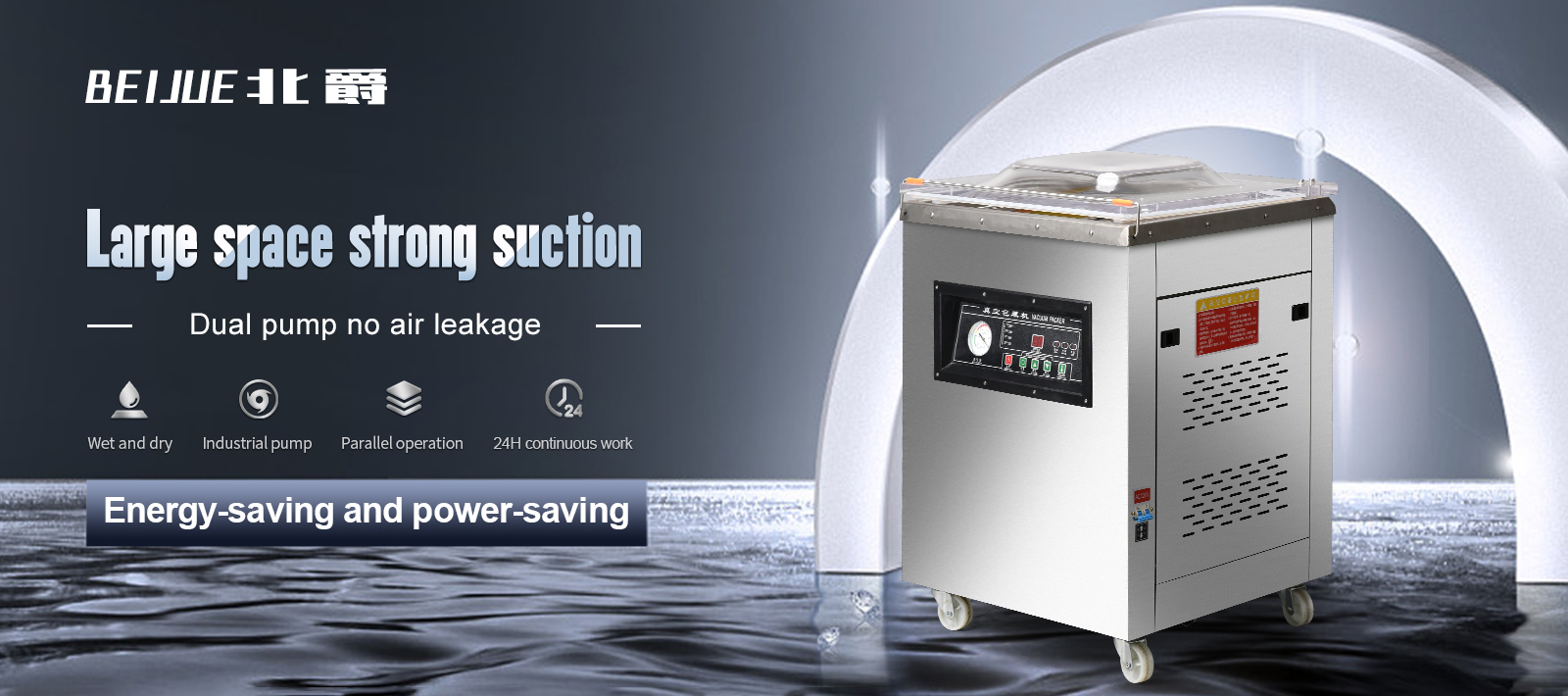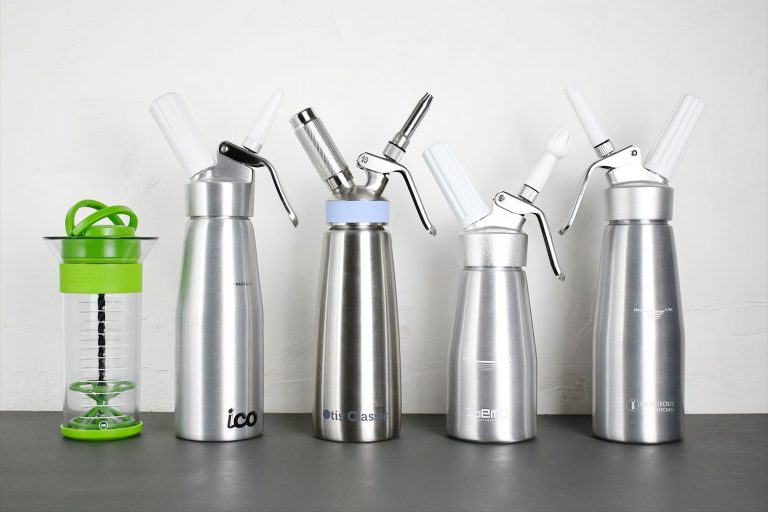Sealing Machine for Plastic Packaging Bags: Maximizing Efficiency in Packaging
In the world of packaging, efficiency, durability, and precision are crucial. Sealing machines designed specifically for plastic packaging bags play an essential role in ensuring products are securely enclosed, preserving quality and extending shelf life. Whether in the food, pharmaceutical, or consumer goods industries, these machines are designed to streamline the packaging process, reduce waste, and maintain product integrity. This article will explore how sealing machines for plastic packaging bags contribute to improved packaging efficiency, key features, and the different types of machines available.
What is a Sealing Machine for Plastic Packaging Bags?
A sealing machine for plastic packaging bags is a specialized tool used to securely close plastic bags, ensuring the contents remain intact, fresh, and safe from contamination. The machine uses heat, pressure, or both to create a tight seal along the opening of the bag. These machines are used in a wide range of industries for packaging everything from food and beverages to pharmaceuticals, electronics, and industrial products.
Importance of Sealing Machines for Plastic Packaging Bags
Plastic packaging bags are commonly used due to their flexibility, lightweight properties, and ability to be molded into various shapes and sizes. Sealing these bags properly is vital for the following reasons:
- Preservation of Product Quality: Properly sealed bags protect contents from external elements such as air, moisture, dust, and contaminants, helping to maintain product freshness, shelf life, and quality.
- Tamper-Evident Seals: Sealing machines ensure that packages are tamper-proof, which is particularly important in industries like food and pharmaceuticals where consumer safety is a priority.
- Cost-Effectiveness: By automating the sealing process, businesses can significantly reduce labor costs and packaging time while improving production speed and efficiency.
- Waste Reduction: Properly sealed packages reduce the likelihood of product damage, spoilage, or leakage, minimizing waste and product loss.
Key Features of Sealing Machines for Plastic Packaging Bags
Sealing machines for plastic packaging bags are designed with several important features that enhance their efficiency and usability:
1. Adjustable Temperature Control
Many sealing machines offer adjustable temperature settings, which allow users to customize the heat level depending on the thickness and type of plastic material being sealed. This feature is crucial for ensuring a strong, durable seal without damaging the bag or the contents.
2. Seal Width and Strength
Sealing machines come with various seal width options, allowing users to choose the appropriate size based on the bag’s dimensions. Machines with wider seals offer added strength, ensuring that the packaging remains securely closed during transportation and storage.
3. Speed and Automation
Modern sealing machines are designed for high-speed operations, helping businesses increase throughput and reduce the time required for packaging. Automated sealing systems are available that automatically load, seal, and discharge bags, reducing manual labor and enhancing productivity.
4. User-Friendly Controls
Many sealing machines are designed with simple, intuitive control panels. Operators can quickly adjust settings such as temperature, seal time, and pressure to suit the specific requirements of the packaging process.
5. Durability and Reliability
A high-quality sealing machine is built to last, with robust construction that can withstand continuous operation in industrial settings. Many machines are designed with stainless steel components, which offer resistance to corrosion and wear, ensuring long-term reliability and minimal maintenance.
Types of Sealing Machines for Plastic Packaging Bags
There are various types of sealing machines available, each suited for different applications and production needs. Some common types include:
1. Impulse Heat Sealers
Impulse heat sealers are among the most widely used sealing machines for plastic packaging bags. These machines apply a brief pulse of heat to the plastic material, causing the edges to melt and bond together. The heat is only applied during the sealing cycle, preventing damage to the material.
- Best For: Small to medium-scale operations with low to moderate packaging needs.
- Advantages: Cost-effective, easy to use, and ideal for sealing various plastic materials.
2. Continuous Heat Sealers
Continuous heat sealers are designed for high-speed, continuous packaging operations. These machines maintain a constant heat source and use a conveyor belt to transport the bags through the sealing process. The continuous operation makes these machines ideal for businesses with high-volume production needs.
- Best For: Large-scale, high-volume packaging operations.
- Advantages: High-speed, consistent seals, and minimal operator involvement.
3. Band Sealers
Band sealers are ideal for sealing large quantities of plastic packaging bags with high consistency. These machines use a continuous conveyor system, applying heat to the sealing area as the bags pass through. They are particularly well-suited for packaging items such as snacks, liquids, and pharmaceuticals.
- Best For: High-volume industries like food packaging, pharmaceuticals, and chemicals.
- Advantages: High-efficiency, consistent results, and customizable for different bag sizes.
4. Vacuum Sealers
Vacuum sealers are a type of sealing machine used to remove air from plastic packaging bags before sealing. By creating a vacuum inside the bag, these machines help preserve food, extend shelf life, and prevent spoilage. Vacuum sealing is especially important in the food industry.
- Best For: Packaging food, medical products, and other items that require air-tight sealing.
- Advantages: Extends shelf life, prevents spoilage, and reduces packaging size.
5. Chamber Sealers
Chamber sealers are specialized vacuum sealing machines used for larger items or bulk packaging. The packaging bag is placed inside a chamber, where air is removed, and the bag is then sealed under vacuum pressure. These machines provide strong seals and are ideal for bulk packaging operations.
- Best For: Large-scale vacuum packaging needs, such as bulk food packaging.
- Advantages: High sealing strength, ideal for large items or bulk packaging.
Benefits of Using Sealing Machines for Plastic Packaging Bags
1. Improved Efficiency
By automating the sealing process, sealing machines help businesses speed up their production lines. Machines like continuous heat sealers and band sealers are designed to operate at high speeds, significantly improving throughput and reducing the time required for each packaging cycle.
2. Cost Savings
Sealing machines help businesses save money in several ways. By reducing the need for manual labor, eliminating packaging errors, and reducing the risk of product damage or spoilage, companies can minimize costs and increase profitability.
3. Enhanced Product Safety
Sealing machines ensure that products are securely enclosed, preventing tampering, contamination, and external damage. This is particularly important in industries like food, pharmaceuticals, and chemicals, where product safety is paramount.
4. Consistency and Quality
Sealing machines provide consistent and reliable seals, ensuring that every package meets the same high standards. This consistency is vital for businesses that need to maintain brand reputation and consumer trust.
5. Environmental Benefits
Modern sealing machines are designed to work efficiently with minimal waste, helping businesses reduce their environmental impact. Some machines also offer energy-efficient features that help lower power consumption.
Applications of Sealing Machines for Plastic Packaging Bags
Sealing machines for plastic packaging bags are used across a wide range of industries, including:
- Food Industry: Packaging perishable items such as snacks, frozen foods, meats, vegetables, and liquids.
- Pharmaceutical Industry: Packaging medical supplies, pharmaceuticals, and medical devices to ensure sterility and safety.
- Consumer Goods: Packaging household items, cleaning products, and personal care products.
- Chemical Industry: Sealing bags containing chemicals, fertilizers, or industrial supplies that need secure and tamper-proof packaging.
Conclusion
Sealing machines for plastic packaging bags are vital tools in modern packaging operations. They help businesses maximize efficiency, maintain product quality, and reduce waste, making them essential in industries such as food, pharmaceuticals, and consumer goods. With the wide variety of sealing machines available—each designed for specific applications—businesses can choose the ideal equipment to meet their production needs. By investing in the right sealing machine, companies can ensure that their products are safely packaged, preserved, and ready for distribution.






